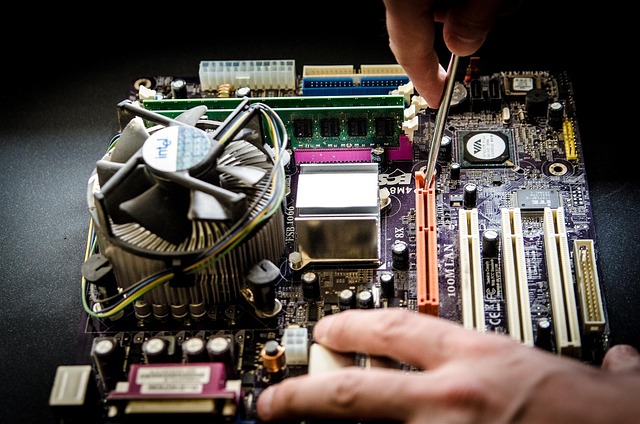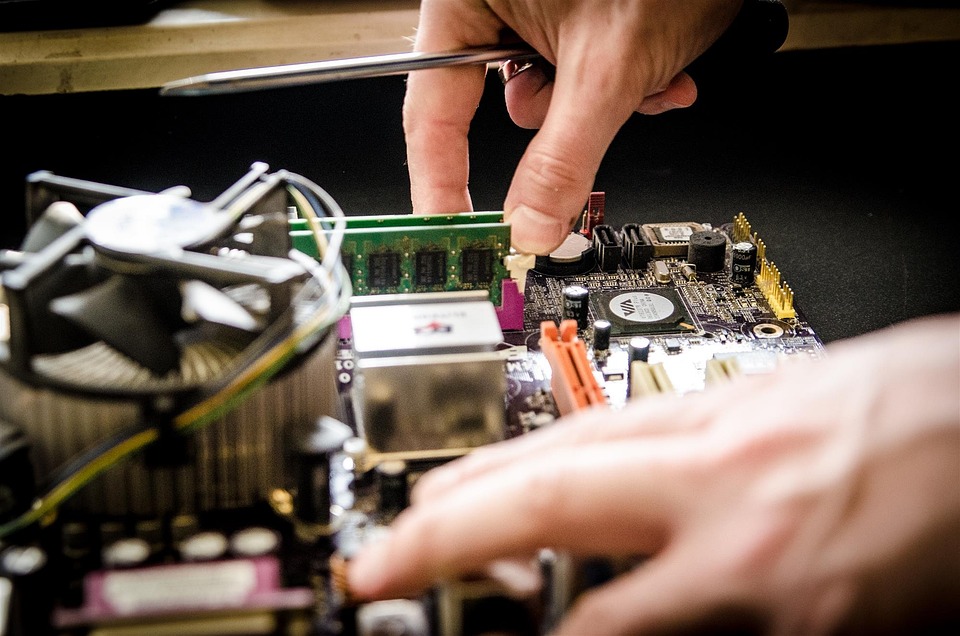Managed network solutions, or managed networking services, provide a wide range of hardware and software support to help businesses manage everything from their IT infrastructure to workstations. These services also offer round-the-clock support if anything goes wrong, so your employees can get back to business as usual without any downtime.
What Hardware Does a Managed Network Solutions Provider Typically Manage?
A managed network solutions provider typically manages all of your IT hardware, including any servers, PCs, or workstations in the office. They’ll also manage peripheral equipment, such as printers and scanners. Depending on your business’s needs, you might be able to add more hardware later without needing to hire additional technicians for installation and maintenance.
How Can These Services Help My Business?
These services can help businesses save time and money by freeing up their staff from handling technical issues like network performance or downtime. This leaves employees free to focus on their responsibilities while also giving them the ability to get help quickly if something does go wrong. While this added convenience might cost a bit more, it will likely save both your business and its employees plenty of time in the long run.
What Else Can I Expect?
Your managed network solutions will also likely include regular reports so you can view things like network status and bandwidth usage. This helps businesses spot potential issues before they become a problem, which can help reduce downtime and prevent slow service from affecting productivity. Managed networking services also typically provide automatic backups of all data on your servers or workstations to ensure that everything stays secure even if something goes wrong with the device itself. This is especially important for businesses that rely heavily on their computers to access client records, financial information, or other sensitive documents. With automatic backups in place, employees won’t lose this data even if you need to replace a device.
Beyond these benefits, managed network services typically offer additional resources such as online resources and technical guides so businesses can troubleshoot issues independently or learn more about how they can optimize their networks. In addition, since most of these services include round-the-clock support, you’ll never have to worry about your business being without help for long — even if employees run into minor problems after hours.
What’s the Difference Between Managed Network Solutions and Traditional Network Support?
Traditionally, companies had to hire and pay an IT staff to handle their computer-related tasks and needs. With managed network solutions, however, companies only need to make a single payment to a managed services provider, which then manages the company’s entire network for them. This means businesses no longer need to hire multiple technicians or manage numerous contracts to meet their IT needs.






